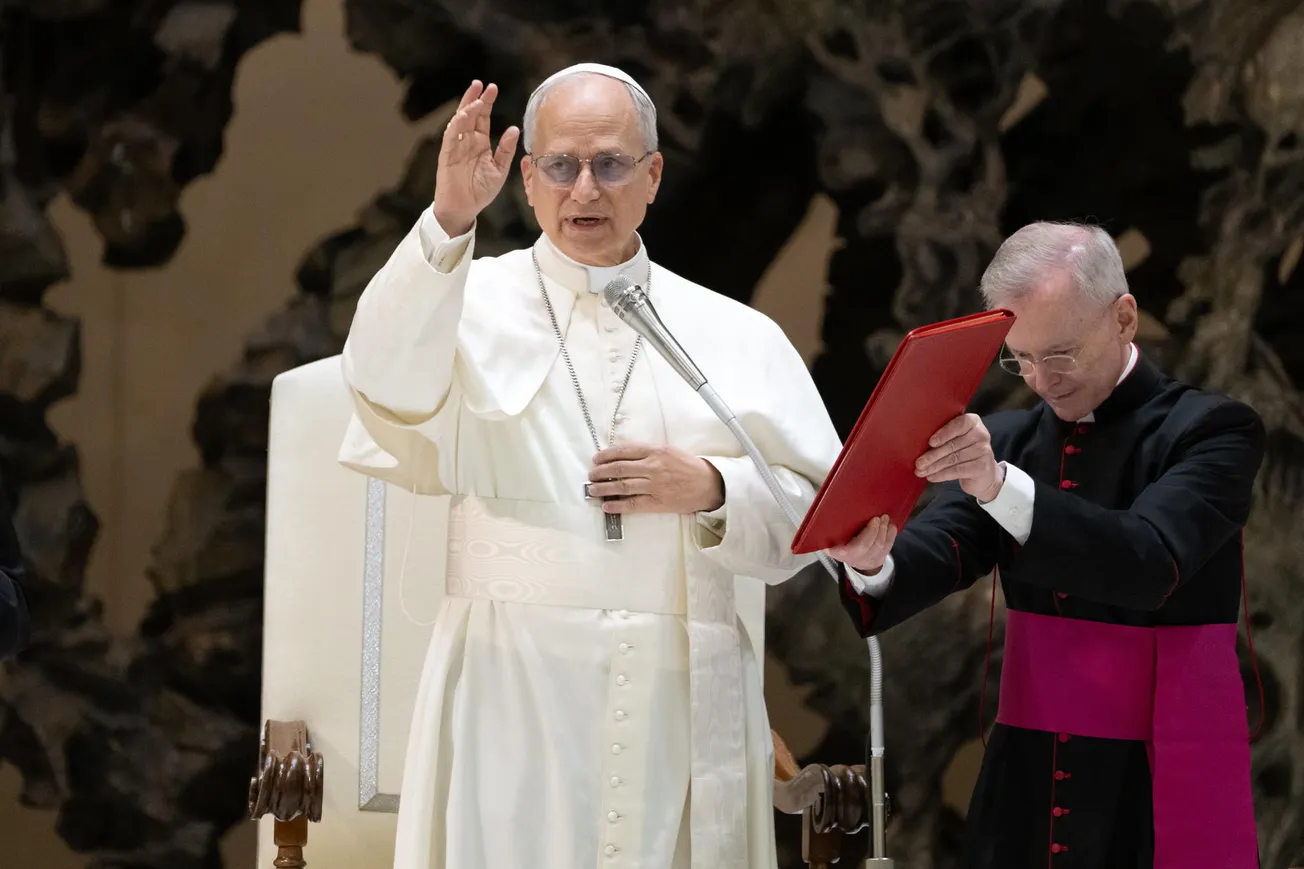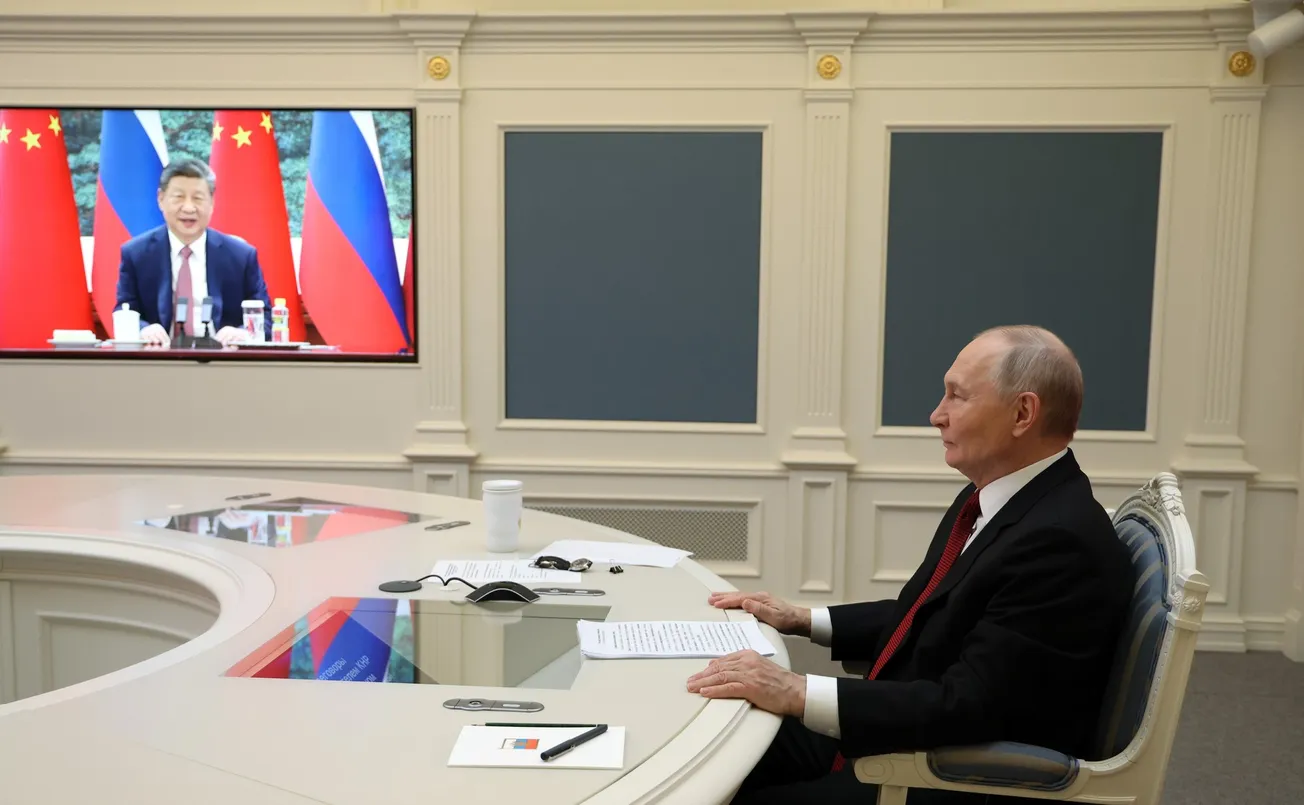On the first day of the May 29-30 meeting of BRICS science representatives at the Kurchatov Institute in Moscow on May 29, the delegates each read reports regarding their international cooperation programs in science, and expressed their hopes for concrete results in the area during the course of this year’s Russian BRICS chairmanship. Participating in the discussion were the heads of delegations from China, India, Iran, South Africa, Egypt and others. Also in attendance was Russian Deputy Foreign Minister Sergei Ryabkov. TVBRICS.com reported on the event.
The President of the Russian Academy, Gennadi Krasnikov, welcomed the delegates to this event. “I would like to emphasize that cooperation within BRICS is based on the principles of mutual respect. Interaction through the national academies of sciences serves as the basis for the successful development of scientific cooperation. Requests to the scientific community of the peoples of our countries are related to the solution of global problems, such as climate change, food security, the fight against infections, and meeting the need for energy resources.”
At a press conference on May 20, Russia’s Deputy Minister of Science and Higher Education, Konstantin Mogilevksy, had indicated some of the areas that they would be looking at. “This year, the Ministry of Science plans to launch flagship projects aimed at the realization of international scientific research in the areas of astronomy, IT, biotech and others. We will pay special attention to organizing internships and exchanges for young scientists, as well as sending ground and sea expeditions,” Mogilevsky said.
He confirmed plans to establish a BRICS Geographer Day on August 18 and to send an expedition to the Krasnoyarsk Region and the Republic of Khakassia on that day in 2024. There is also a proposal to start working together in the field of humanities, history, linguistics, and sociology, and to continue work on the formation of a rating of educational organizations of BRICS countries, designed to ensure a fair and transparent evaluation system, the deputy minister said.





